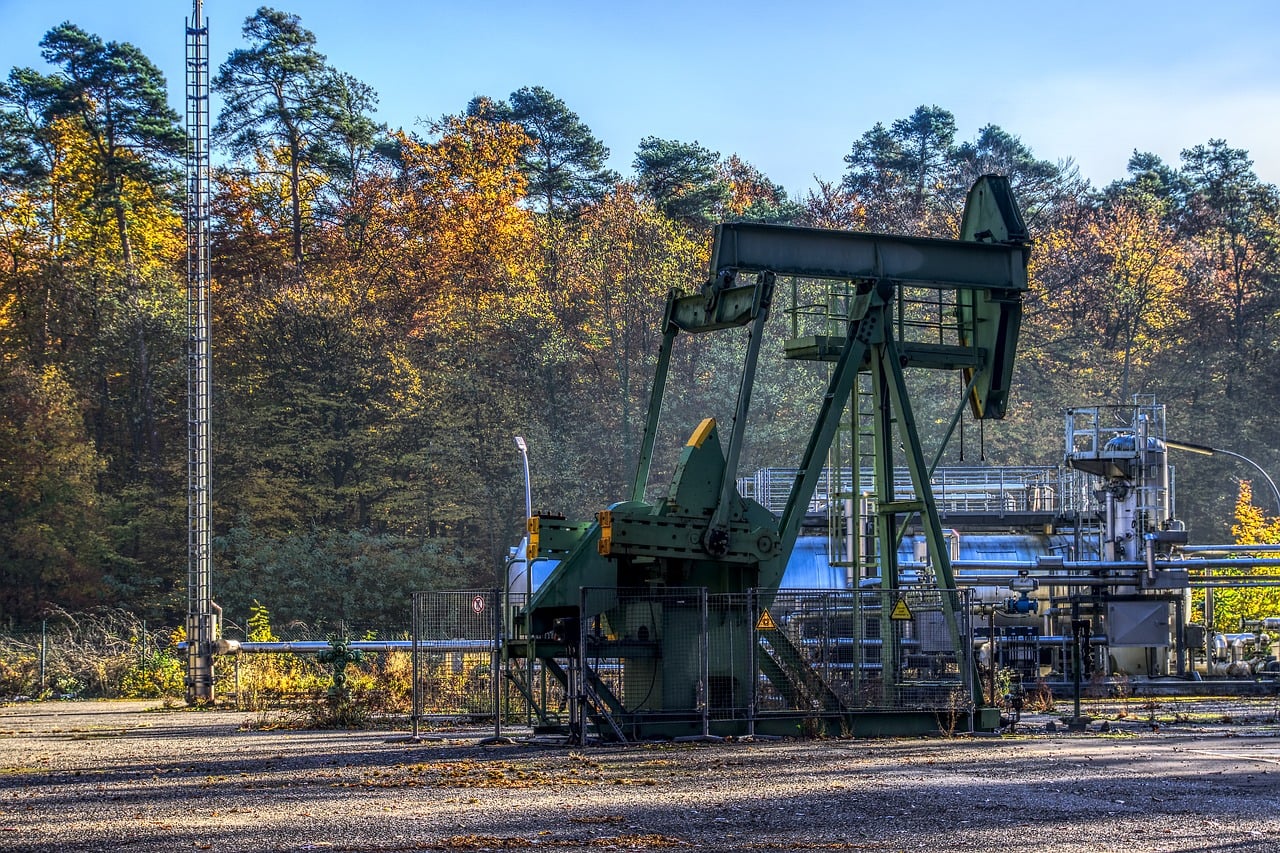Oil demand is conditioned by the level of GDP. The COVID-19 recession is deeper and appears more persistent than the 2009 recession, GDP levels will not be back to pre-crisis levels before at least 2022/2023. This means that demand will remain subdued during this period.
Q2 2020 hedge fund letters, conferences and more
Efforts To Reduce The Depence On Oil
There are many efforts to reduce dependence on oil. This reflects an ecological effect as many people want to reduce their global carbon footprint. This means there are important developments underway in looking for alternative sources of energy. The current health crisis is probably a watershed moment. We have all witnessed improvements in efficiency related to many areas of alternative energy.
The focus on the two earlier points is seen around the car market. This market is changing rapidly. Consumers want cleaner cars, governments fund incentives to buy them and automakers have adapted their supply. On top of this in Europe there are initiatives around batteries to improve the capacity to capture energy.
There are also large investment on hydrogens. All this means that industrial companies, governments and consumers do not see their future through new developments depending on oil. This is a structural change.
The interesting point behind these two previous remarks is that western countries imagine that their long term growth process could progressively be less dependent on oil.
Challenges For Developing Countries
- Since the first oil shock we’ve seen large improvements in efficiency in the use of oil.
- Since the beginning of the twentieth century, growth has been dependent on the use of oil and the discovery of new reserves. This time maybe ending.
The challenge will probably be for developing countries where the dependence on oil is larger. Their demand will remain strong for the moment as it will be associated with an improvement in people lives. There is a lot to do here to change the growth process.
The last question is on the oïl producers’ strategy. For all the reasons developed above, demand will remain subdued in coming years. This means that the oil price will remain subdued. For many producers it will be a source of weakness as their budget is dependent on the level of the oil price. Many producers have calculated their budget on higher prices than those currently observed. This leads to large fiscal deficit and reduction in expenditures. This will have two consequences.
- Oil investment will be frozen in the short to medium term. This will limit production in the future, leading to higher prices. On this point, the rapid development of alternative energies may change this dynamic.
- I don’t believe in an OPEC cooperative strategy. In the past, when oil revenues are lower than expected, producers have the temptation to produce more leading to oversupply and lower prices. This is probably what we can expect in coming months as many producers (US, Russia) are still producing a lot This would be a source of a stronger growth momentum in developed countries.
Philippe Waechter,
ChiefEconomist,
Ostrum AM













